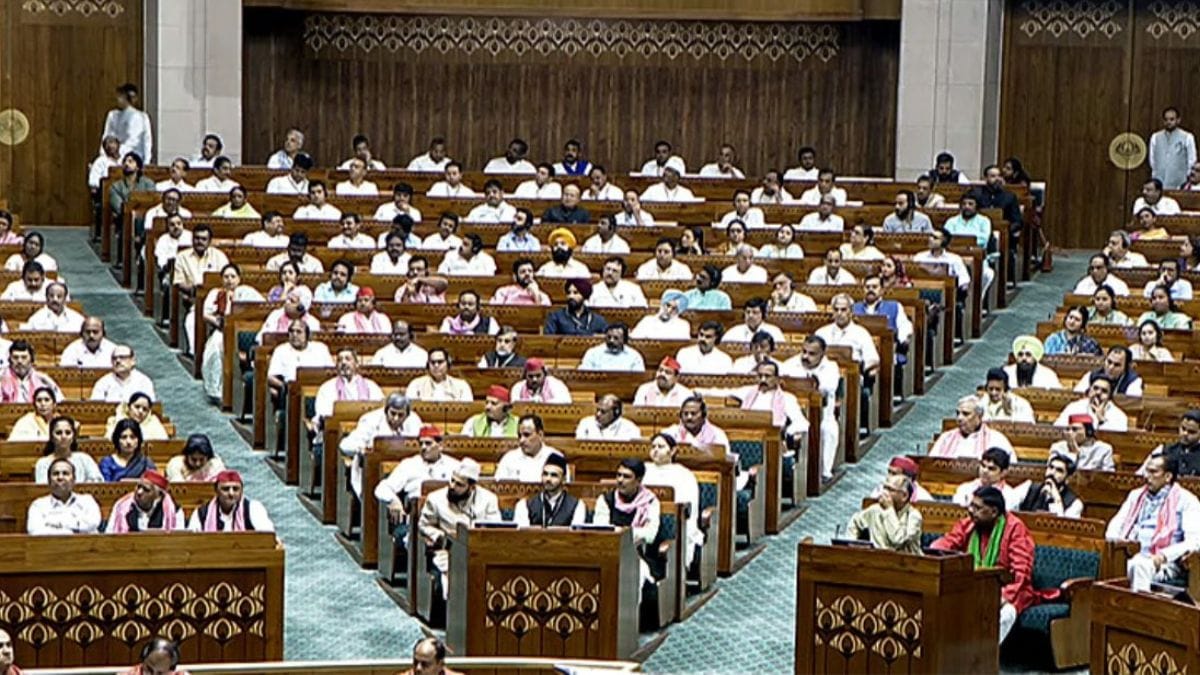
New Delhi, April 3, 2025 – The Lok Sabha has passed a controversial bill concerning Muslim-owned waqf properties, triggering sharp reactions from opposition parties, religious organizations, and civil rights activists. The bill, which seeks to amend existing laws governing waqf properties, has been criticized for allegedly undermining the rights of the Muslim community and granting the government greater control over religious endowments.
Key Provisions of the Bill
The proposed legislation introduces several changes, including stricter regulations on waqf properties, enhanced government oversight, and potential reclassification of certain disputed lands. According to government officials, the bill aims to address alleged irregularities in waqf board management and ensure that the properties are utilized efficiently for public welfare. However, critics argue that the bill could lead to large-scale takeovers of Muslim-owned land by the state.
Political and Public Reactions
Opposition parties have strongly condemned the bill, calling it an attack on religious freedom and minority rights. Several leaders, including Congress, Trinamool Congress, and AIMIM representatives, have vowed to challenge the bill in the Rajya Sabha, where it will face further scrutiny. “This is an attempt to systematically weaken the autonomy of waqf institutions and marginalize the Muslim community,” said AIMIM chief Asaduddin Owaisi during a heated parliamentary debate.
Religious organizations, including the All India Muslim Personal Law Board (AIMPLB) and Jamiat Ulema-e-Hind, have also raised concerns, warning that the bill could set a dangerous precedent for government interference in religious affairs. Protests have erupted in multiple cities, with demonstrators demanding the immediate withdrawal of the bill. In states like Uttar Pradesh, Maharashtra, and West Bengal, rallies and sit-ins have been organized by Muslim groups and activists.
Government’s Justification
The ruling party, however, has defended the bill, arguing that it is necessary to prevent misuse and corruption within waqf boards. Union Minister for Minority Affairs stated, “This bill is not about targeting any community but about ensuring transparency and accountability. There have been multiple reports of mismanagement, and this law will bring much-needed reforms.”
Next Steps and Legal Challenges
With the bill now headed to the Rajya Sabha, the opposition is expected to push for amendments or attempt to block its passage. Legal experts predict that if passed, the bill could face challenges in the Supreme Court, with activists likely to file petitions against its provisions.
As tensions continue to rise, the coming weeks will be crucial in determining the fate of the bill and its broader implications for India’s religious and legal landscape.



